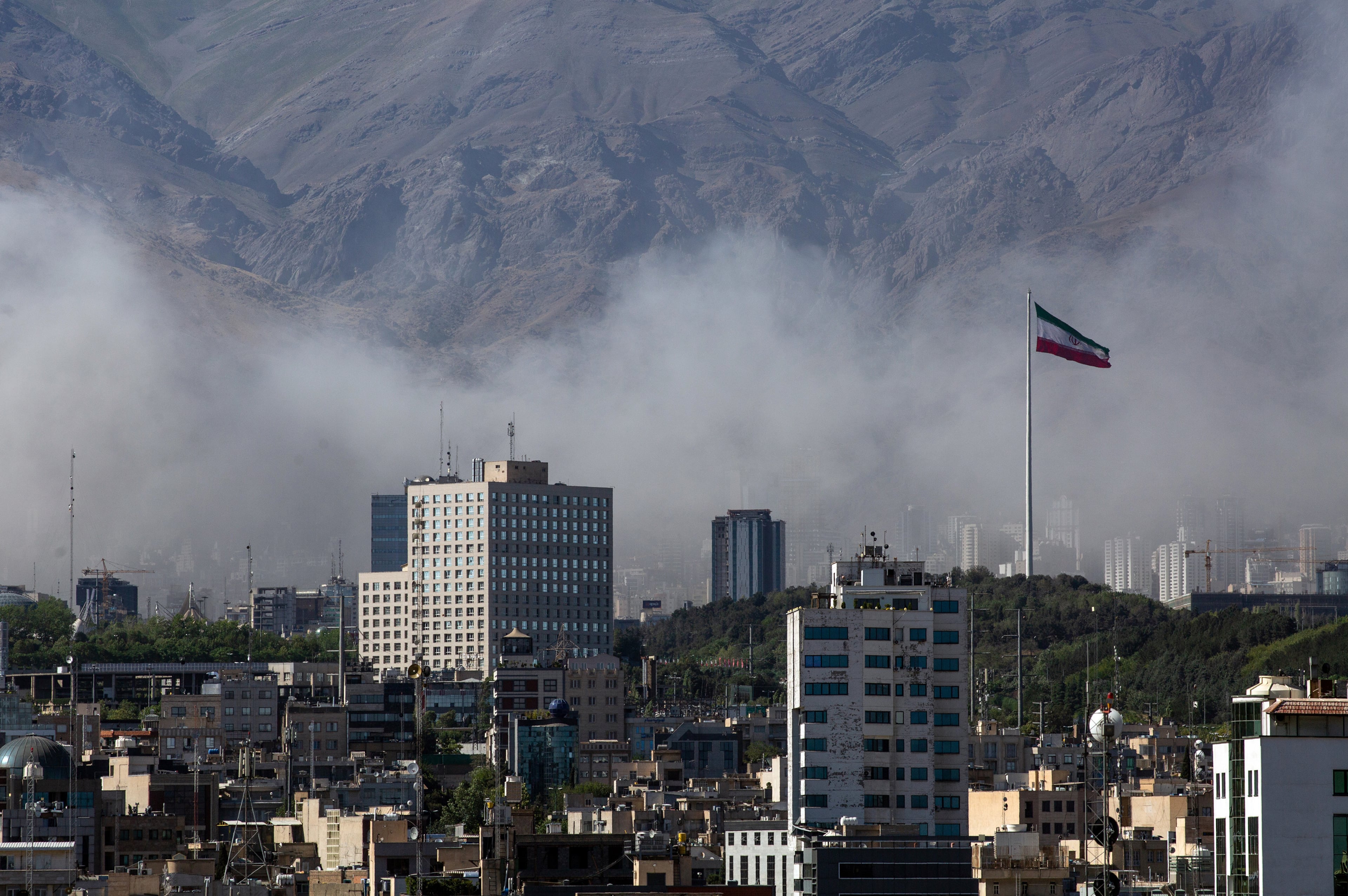Qcells inks huge deal with Microsoft for Georgia-made solar panels

Qcells has agreed to supply the tech giant Microsoft with 12 gigawatts of solar panels that will be built at its second north Georgia factory, in what the companies say is the largest such deal in U.S. history.
Last year, Qcells announced it had reached a deal to provide Microsoft with 2.5 gigawatts of solar capacity, enough to power 400,000 homes. The new agreement, which runs through 2032, is a major expansion of that partnership: Counting the 2.5 gigawatts that was previously announced, Qcells will now provide Microsoft with enough solar modules to power 1.8 million homes annually over the next eight years.
The deal gives Qcells’ still-under-construction Cartersville plant a major customer for the panels it will build when it opens later this year.
Unlike its existing Dalton factory — which recently completed an expansion allowing it to crank out 30,000 panels a day — the Cartersville factory will boast a fully-integrated solar manufacturing supply chain, capable of producing everything from solar ingots and wafers to cells and finished panels. The company has said the new plant will create 2,000 jobs in and around Bartow County.

Qcells’ CEO Justin Lee said in a statement that the company was pleased to be part of this commitment, adding that Qcells is “uniquely positioned to ally with Microsoft towards creating a clean, sustainable future because of our investment in building an American-made solar supply chain.”
Qcells’ Cartersville plant and the Dalton expansion were part of a $2.5 billion investment the company — which is owned by the Korean conglomerate Hanwha Solutions — announced in early 2022 to grow its footprint in Georgia.
The company’s commitment came just months after the passage of the Inflation Reduction Act (IRA), President Biden’s signature climate and healthcare law. To combat China’s longstanding dominance in solar manufacturing, the law offers $10 billion in tax credits for building new solar manufacturing facilities, plus billions more for companies to make components for solar panels, batteries, and wind turbines in the U.S.
Bobby Hollis, Microsoft’s vice president of energy, said the pact between the two companies is “designed to drive large-scale domestic production of solar modules essential to advancing a resilient U.S. supply chain and clean energy economy.”
The partnership will also help Microsoft make progress toward its own climate and sustainability goals. The company has committed to sourcing 100% of its electricity from renewables by 2025, plus becoming carbon negative, water positive and zero waste by 2030.
In addition to providing the panels themselves, Qcells said it will assist Microsoft with the engineering, procurement and construction of its solar projects.
A note of disclosure
This coverage is supported by a partnership with Green South Foundation and Journalism Funding Partners. You can learn more and support our climate reporting by donating at ajc.com/donate/climate/


